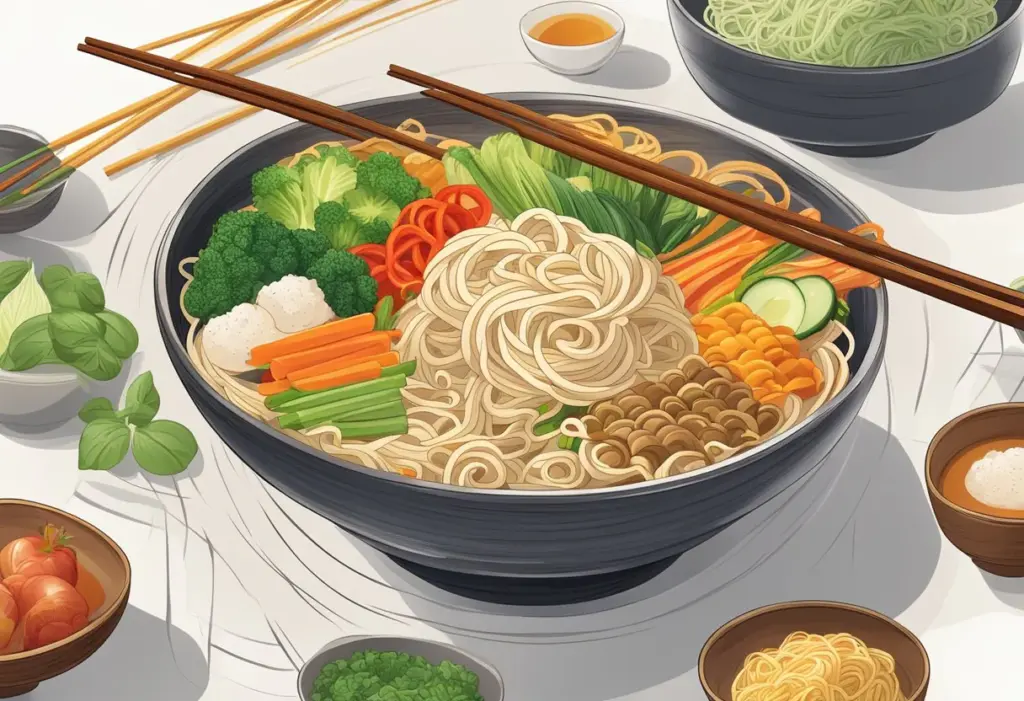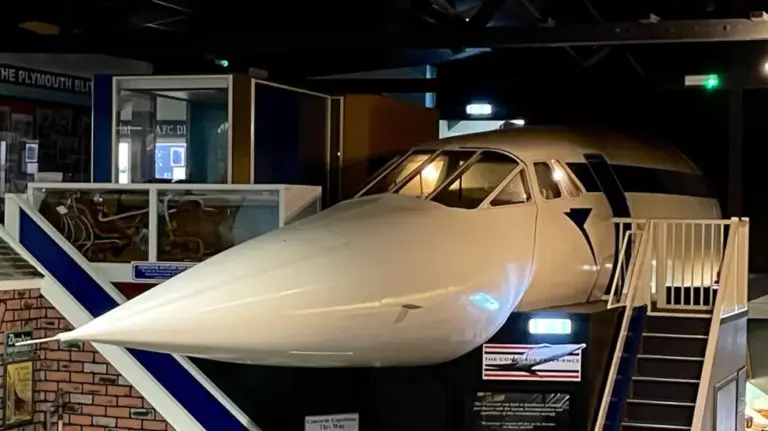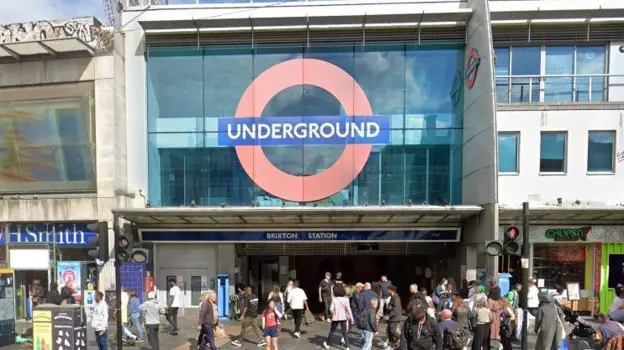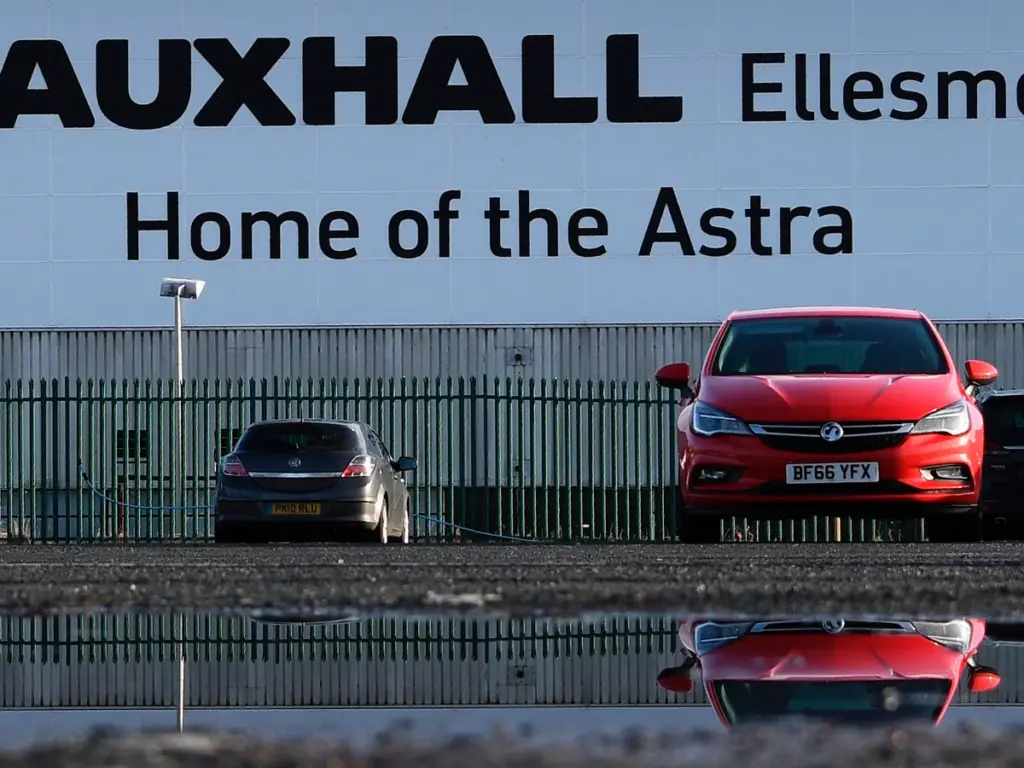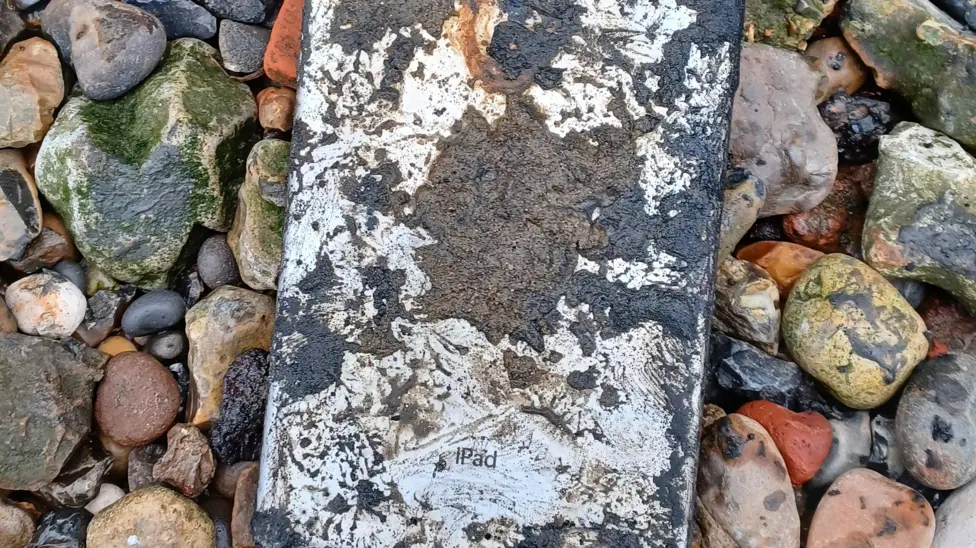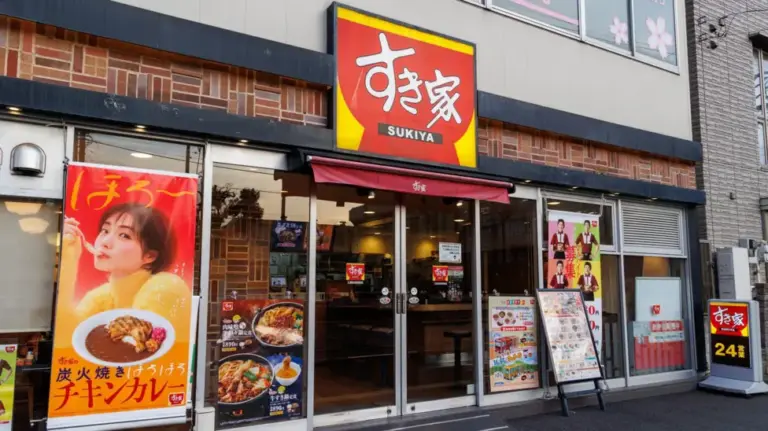In 2023 the Northern Ireland Protocol became the Windsor Framework.
The new deal was enough to normalise relations between the UK and EU.
But it has not yet been enough to persuade the Democratic Unionist Party (DUP) to return to Stormont.
It also gave some long-desired legal certainty to businesses, but the Irish Sea border will always be evolving so long as UK and EU rules continue to diverge.
For the EU, the new framework left the basic architecture of 2019’s protocol intact: a trade border between Great Britain and Northern Ireland remains in place as the way to prevent a hard border between Northern Ireland and the Republic of Ireland.
But the UK government could point to significant operational changes.
The EU conceded that what was originally agreed in 2019 on medicines and supermarket goods was unworkable and Northern Ireland would have to stay closer to UK rules.
The other innovation in the framework was the creation of the Stormont Brake which gives the Northern Ireland’s devolved government a conditional arms-length veto over updates to EU legislation that applies in Northern Ireland.
It remains to be seen in what circumstances the brake could ever actually be used but some unionist politicians will be itching to give it a try.
It was clear that the deal was on from early January when the then foreign secretary James Cleverly and his EU counterpart Maroš Šefčovič reached agreement on sharing trade data.
To those who have grown bored of Brexit, the significance of this was not immediately obvious but it fulfilled a long-standing EU demand, so unblocking a path to the bigger deal.
Before that deal arrived, the Supreme Court had its say, ruling that the protocol was legal and bringing down the curtain on a unionist legal challenge.
Then, on 27 February, the prime minister and the European Commission president met in Windsor to announce the agreement.
‘Exciting economic zone’
At its heart was a new trusted trader scheme and a system of green lanes and red lanes.
These are designed to reduce, but not entirely remove, the bureaucracy applied to Great Britain goods which are being sold to Northern Ireland consumers.
Mr Sunak sold the deal with gusto, telling the audience at a factory in Lisburn that the framework made Northern Ireland “the world’s most exciting economic zone”.
He also had to sell it to his own party, but there would be no repeat of the anguished, nail-biting Commons votes, which accompanied Theresa May’s attempts to legislate for a Northern Ireland Brexit deal.
The framework breezed through by 515 votes to 29; among the dissenters were two more of Mr Sunak’s predecessors, Boris Johnson and Liz Truss.
That parliamentary approval meant an artefact of the Johnson-Truss era could be buried – the Northern Ireland Protocol Bill, which had been designed to give the UK government unilateral powers to change the operation and oversight of the protocol.
With the bill gone, the EU also dropped legal actions related to alleged UK breaches of the earlier deal.
Everything was formally ratified by the end of March and then – to the great frustration of Northern Ireland businesses – it all went a bit quiet.
The concern of businesses was that there would be a re-run of the early days of the protocol’s implementation when last minute guidance meant many of their Great Britain suppliers were hopelessly unprepared for the changes.
It was the end of July before the first major operational guidance was published.
‘Not for EU’
Around the same time, a House of Lords committee, which has carried out much of the detailed scrutiny of the government’s Brexit policy in Northern Ireland, published its initial verdict on the framework.
The Lords said the framework improves the original protocol but does not resolve all of its problems.
The first big practical test came in October when the green lane/red lane system for food products began operating.
That was preceded by the appearance of ‘Not for EU’ labels on some supermarket goods, the most publicly visible impact of the framework.
There was a brief flurry of interest in these labels but the whole October implementation passed without incident, although this was partially because the UK and EU had agreed that it would all be done with a light touch.
There is more implementation to come in 2024, most significantly the start of green lane arrangements for parcels and internet shopping.
Perhaps more significantly for the future operation of the framework will be the next UK general election, also likely in 2024.
The Labour leader Keir Starmer has said he wants a new deal on agri-food products, which would ease the trade in those goods between the EU and GB.
This sort of deal could also ease the checks and controls on food products being traded between Great Britain and Northern Ireland, reducing the impact of the Irish Sea border.
But getting to such a deal will not be straightforward.
Brexit continues to be a process, not a one-off event.
